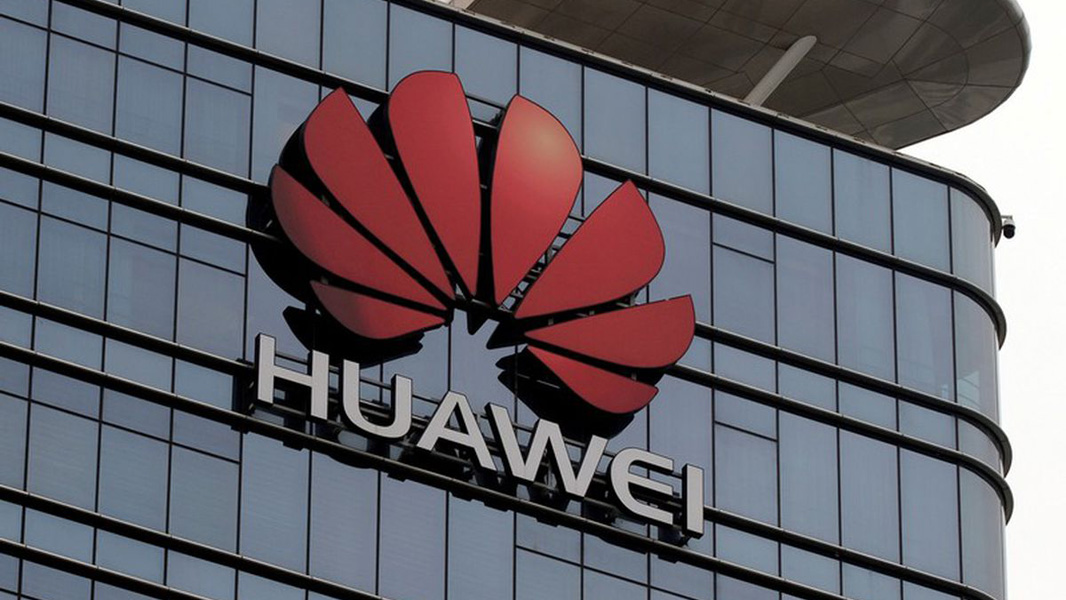Huawei Runs Into More Roadblocks
- Mehedi Hassan
- May 24, 2019
-
33
After the US government backlisted Huawei, the company’s been facing a lot of problems. And now, it’s getting some more roadblocks in the industry.
Nikkei is reporting that Huawei has faced a couple of new bans following the US government ban. The Wi-F Alliance has “temporarily restricted” Huawei’s membership, which means it will no longer be able to have a say on the standards for wireless technology.
Windows Intelligence In Your Inbox
Sign up for our new free newsletter to get three time-saving tips each Friday — and get free copies of Paul Thurrott's Windows 11 and Windows 10 Field Guides (normally $9.99) as a special welcome gift!
"*" indicates required fields
Elsewhere, the SD Association, which is known for developing the standards of the SD Card, has also removed Huawei as one of its members That means Huawei will also no longer be able to participate in discussions for the future of SD Card standards.
And lastly, JEDEC, which sets semiconductor standards, no longer has Huawei as one of its members. Huawei has apparently withdrawn its membership from the JEDEC, which includes companies like Qualcomm and Samsung Semiconductor. Qualcomm and others have already stopped supplying chips to Huawei following the US Government ban, so that’s not a surprise either.
Huawei will continue to be able to use these standards, but they simply won’t be able to have a say in the future of these standards. It remains unknown whether the US government will reverse its decision to ban Huawei, but this could severely affect the relationship between the Chinese and the American tech industries. As Nikkei noted, the continued trade tension between the US and China could lead to Chinese tech companies not relying too much on the US going forward and working on their own standards instead.
Tagged with
Conversation 33 comments
-
pargon
Premium Member<blockquote><em><a href="#430494">In reply to garumphul:</a></em></blockquote><p>Not really. These standards are used by billions of devices and hundreds of millions if not billions of people. Making some new non-standard "standard" will alienate people that are used to the real thing, the one that is ubiquitous.</p>
-
skane2600
<blockquote><em><a href="#430785">In reply to Daekar:</a></em></blockquote><p>Studying modern Chinese history to determine if Huawei has any backdoors in their equipment? A novel approach. Some of us believe in an engineering approach.</p>
-
skane2600
<blockquote><em><a href="#430831">In reply to Daekar:</a></em></blockquote><p>I know that isn't what you said, but the conduct of the Chinese government is irrelevant to the question of whether Huawei's equipment is compromised or not. At the end of the day that's the only issue that matters. Unless Ben Thompson has information that can answer that question there's no point in listening to it. </p>
-
skane2600
<blockquote><em><a href="#430518">In reply to MikeGalos:</a></em></blockquote><p>I suppose there are some institutions where such logos are important (the kind who might say "we won't buy it unless it's Intel Inside"), but a lot of buyers won't even notice them missing.</p>
-
skane2600
<blockquote><em><a href="#430606">In reply to BudTugglie:</a></em></blockquote><p>No evidence has been presented to suggest a backdoor. </p>
